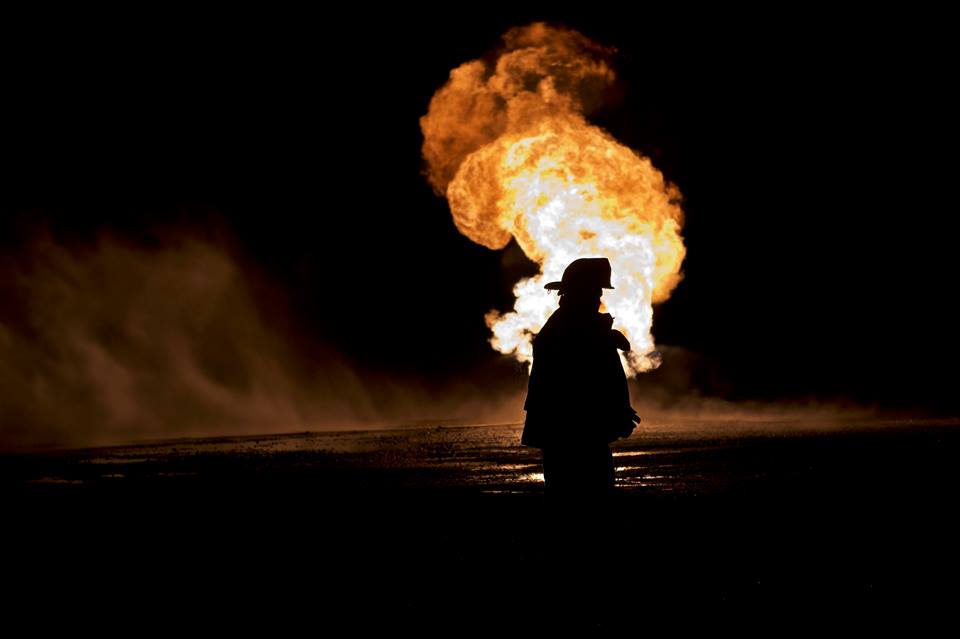Maine communities depend on volunteer firefighters to keep them safe, and for the state’s entire history it has worked well. However, change is coming — and it’s unclear what exactly the future will look it.
When it comes to emergency response, uncertainty is never a good thing — and it should make lawmakers and local officials uneasy.
The problem has really come into focus in the last few years as departments have struggled to find volunteers willing and able to make the significant commitment it takes to be an on-call firefighter.
“The fire service has turned into an all-hazards profession, requiring knowledge, skills and ability to do just about everything,” Waterville fire Chief Shawn Esler told a legislative committee last week. “Fires, vehicle extrications, hazardous materials, technical rescue, still- and swift-water rescue, search and rescue, hostile events, fire investigation, public education and awareness, fire code and building inspections — and it should be noted this is just a partial list.”
Whereas Maine three decades ago had about 12,000 volunteer firefighters, there are only about 7,000 now, according to the Maine State Federation of Firefighters.
There has been a similar drop nationwide, with fewer firefighters available even as emergency calls — and the skills and duties required of firefighters — have increased.
It’s not a crisis yet. But it should make people wonder what’s coming next.
Emergency officials have for a few years been telling anyone who will listen about the growing shortage of firefighters. Communities and states have responded with a number of initiatives to make volunteering more attractive — stipends, new training centers, better equipment, tax credits and junior recruitment programs among them. None have been transformative.
Last week, the Maine Legislature heard testimony on a bill that would fund a pension program for volunteer firefighters.
L.D. 1014, from Sen. Erin Herbig, D-Belfast, and featuring bipartisan support, would put $2.5 million a year over the next two years in the Maine Length of Service Award Program, which though created in a prior legislative session was never funded.
The program requires volunteers serve for five years before they are vested. They would then accumulate funds based on time spent training, participating in meetings, and answering calls for fires and other emergencies. A volunteer firefighter and investment banker who testified in favor of the bill said someone who served 10 years could end up with a benefit of $37,000.
It might be enough to move the needle. Being a volunteer firefighter is a lot more demanding than it once was, and it’s harder to make that personal commitment now, with people working far from home, coordinating two-income families, and dealing with the busy lives of their children.
A pension recognizes just how demanding it is, and it might make a difference around the margins.
But we shouldn’t expect it to solve the problem outright. Maine’s population is getting older and its rural areas are losing population; a firefighter pension isn’t going to stop that.
We should look for other ways to do things too. Can the mutual aid agreements between communities evolve into actual regional departments? Should departments become more professionalized? Can counties play a role?
For decades, Maine’s mostly volunteer departments have served us well. But it might be time for a change.
Send questions/comments to the editors.



Success. Please wait for the page to reload. If the page does not reload within 5 seconds, please refresh the page.
Enter your email and password to access comments.
Hi, to comment on stories you must . This profile is in addition to your subscription and website login.
Already have a commenting profile? .
Invalid username/password.
Please check your email to confirm and complete your registration.
Only subscribers are eligible to post comments. Please subscribe or login first for digital access. Here’s why.
Use the form below to reset your password. When you've submitted your account email, we will send an email with a reset code.